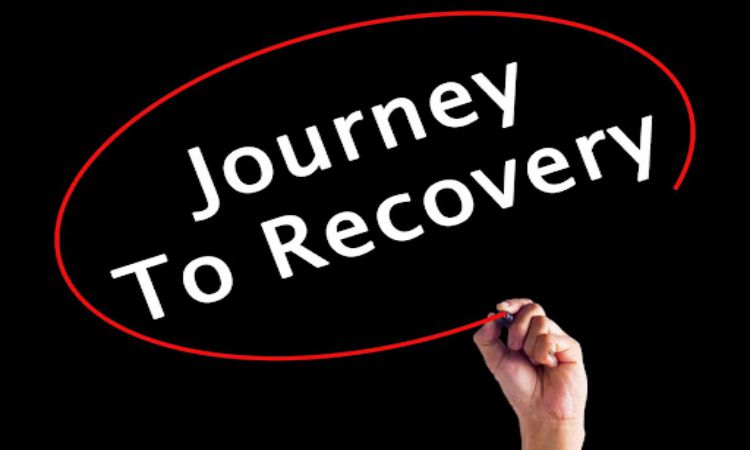 We often hear two phrases that seem to mean the same thing: “I’m so addicted to this new game; can you believe it?” and “I’m depending on this coffee to get me through the day!”
We often hear two phrases that seem to mean the same thing: “I’m so addicted to this new game; can you believe it?” and “I’m depending on this coffee to get me through the day!”
We can remove “new game” and “coffee” then replace them with any other nouns. These phrases have become so common that we hardly pay attention to anyone who uses them.
Addicted? Dependent? Same thing.
However, both terms significantly differ from each other and remain important to accurately assess someone’s needs, mental state, situation, etc.
This article examines addiction vs. dependence; specifically, how they affect us.
What is Addiction?
Today, we can become addicted to countless entities and behaviors such as drugs, alcohol, technology/the internet, gambling, and sex. These become addictions when they negatively interfere with our professional and/or personal lives. This can mean we begin to consistently miss work, miss appointments, cancel or break commitments, and so on.
Thus, addiction encompasses a psychological component plus any physical and physiological element in various degrees respective to the specific substance or behavior.
That said, we still have hope and can figure out how to beat addiction.
What is Dependence?
Nowadays, dependence usually refers to drug and substance use. That said, we can classify dependence either as physical or psychological.
Physical dependence involves the physiological mechanisms that change or adapt in response to some substance. For example, drug dependence leads our bodies to experience unpleasant side effects in a drug’s absence. We call these withdrawal symptoms.
Psychological dependence occurs when people take or do something to experience positive emotions or at least feel better. Otherwise, people feel sadness, anger, anxiety, and so on without said substance or behavior.
Addiction vs. Dependence
We typically think dependence must precede addiction. Yet, people can still harbor an addiction without any withdrawal symptoms upon discontinued use and vice versa.
Hence, dependence results from addiction, while an addiction’s cause can result from multiple factors. For example, we must consider people’s genetic risk(s) coupled with, say, a drug’s effects on the body.
Treating addiction remains difficult because addiction and dependence may lead to other physical, mental, and emotional issues. This then requires therapy/treatment for those issues alongside addiction-based ones.
As such, addiction and dependence share some similarities, especially in their resulting effects.
Addiction vs. Dependence Takeaways
Addiction and dependence overlap in treatment techniques and long-term effects. Still, they differ enough to consider them as distinct conditions.
We can find various resources (like an addiction guide) to help with either addiction or dependence. Dependence can still remain normal, healthy (to an extent), while addiction always requires professional assistance/intervention.
That said, we can treat, then overcome addiction (plus unhealthy dependence) with time, dedication, work, and support.
Overall, addiction vs. dependence takes on many forms that uniquely affect us.
For more information on different health-related issues, addiction, treatment, and more check out our other articles.




